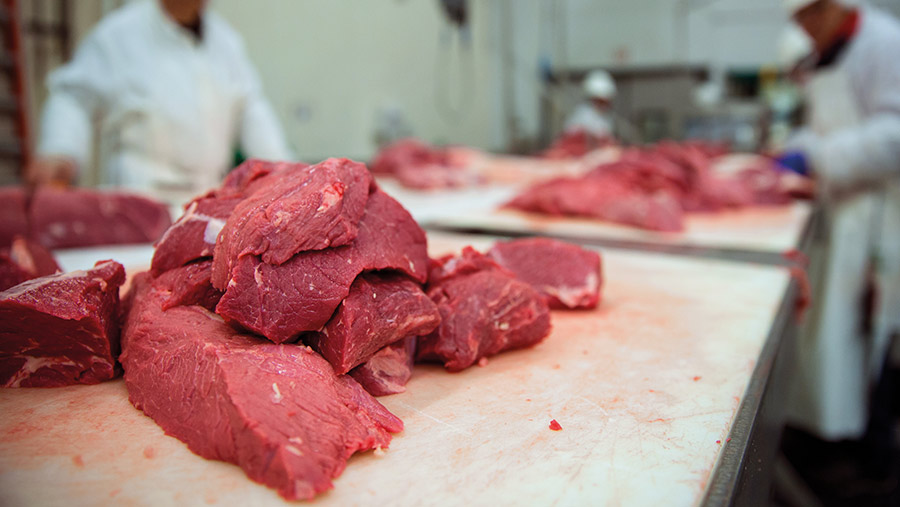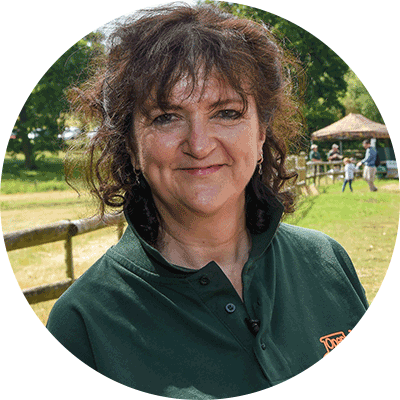Opinion: No need to feel guilty about eating meat or dairy
 © Adobe Stock
© Adobe Stock It never ceases to amaze me how food is so often closely associated with guilt. Cream buns, doughnuts and chocolate bars were the traditional treats, so often seen as “naughty … but nice”, wrapped in a blanket of guilt that is seen as somehow comforting.
However, the “guilt game” has now been taken to a different level, with meat and milk top of the naughty food list – as evidenced by the new National Food Strategy (NFS) report, which is calling for a 30% cut in meat consumption.
See also: Dimbleby food strategy calls for 30% cut in meat consumption
About the author
 Caroline Drummond is the chief executive of Linking Environment and Farming (Leaf).
Caroline Drummond is the chief executive of Linking Environment and Farming (Leaf).
Here she considers the need to get behind meat and dairy, with an emphasis on education.
This guilt is not ranked by the effect of what we eat, but rather by the perceived negative effect we are having on the environment, through our carbon, water and biodiversity footprints.
But while this guilt may, to many, be seen as misguided, the reality is there is a lot of misinformation that is feeding the critics of farming, driving consumers to question whether meat and milk should be on the menu at all.
Increasingly, guilt, shame and fear are used as marketing tools to create a feeling of inferiority, so driving consumers to “convert”.
Guilt and fear are blunt instruments and certainly not helpful in creating the atmosphere of collaboration and change that is needed right across the food system to address climate, nature and health challenges.
We need to change the narrative surrounding the environmental and nutritional merits of meat, demonstrating how it benefits our personal health, our land and the environment.
At Leaf, we applaud many of the recommendations of the NFS. If we are to deliver a truly sustainable farming and food system, we all need to become much better informed.
Education holds the key, and it needs to be balanced, demonstrating our complex food web and the importance of quality British meat to the health of people, and the planet.
A good place to start is with the healthcare profession. Promoting the need for greater nutrition and lifestyle education among doctors is the basis of Nutritank – a forward-thinking and innovative initiative, founded by two young medical students.
It is building awareness among healthcare professionals about what a good diet looks like, and empowering the public to improve their health.
We at Leaf are working with them so they can see farming close up; how food is produced and better understand the complex, integrated web of farming, nature and food.
I recently spent a truly inspiring day with some of the Nutritank team and medics at the Great Tew Estate in Oxfordshire.
These young doctors were seeing the whole food growing process, from sowing the seed to cooking and eating the produce.
If our future doctors have a greater understanding of the nutritional value of food, and a much better grasp of the processes involved in its production and of its environmental effects, it surely has the potential to transform the health of our citizens and our planet.
It all starts with integrating agriculture into the health, nutrition and wellbeing conversation.
